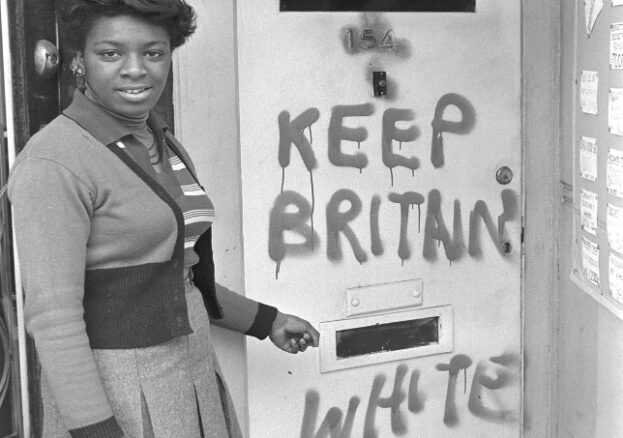
In the post-war years, the ‘Mother Country’ was an unwelcoming place for many Commonwealth immigrants. Racism was rife and the Commonwealth was still British-run and very Imperial in character.
As Britain’s new black citizens encountered widespread discrimination, did the emergence of the modern Commonwealth, the creation of the Commonwealth Secretariat and the highlighting of racial injustice in Rhodesia and apartheid South Africa give confidence and hope to immigrant communities? Or was the international experience very divorced from the reality of localised black protest – whether the Notting Hill Riots, the Bristol Bus boycott, or the protests in support of the Mangrove Nine? How do subsequent generations now view the modern Commonwealth, given the diminished profile and reach of the organisation in recent years? Did the UK government’s treatment of the Windrush generation strengthen or diminish respect for the Commonwealth by those seeking justice?
Join us by Zoom for a discussion organised by The Round Table: The Commonwealth Journal of International Affairs and the International Development Department, University of Birmingham, supported by the Association of Commonwealth Universities and Democracy in Africa.
Chair: Joel Kibazo (communications specialist, broadcaster and journalist)
Panellists: Baroness Usha Prashar (Crossbench Peer)
Sunder Katwala (Director of British Future)
Mischa Manderson Mills (strategic communications consultant)
